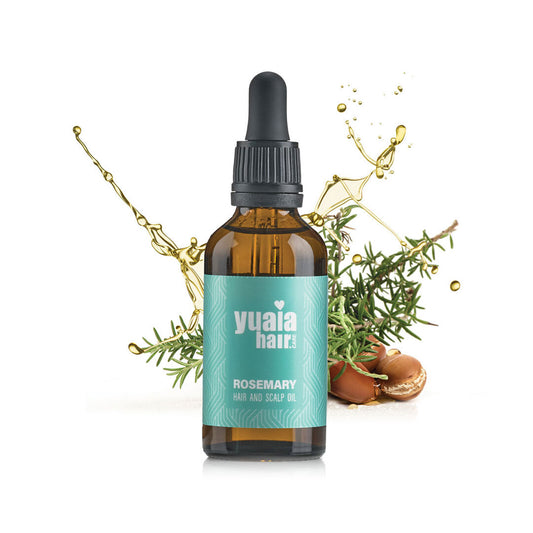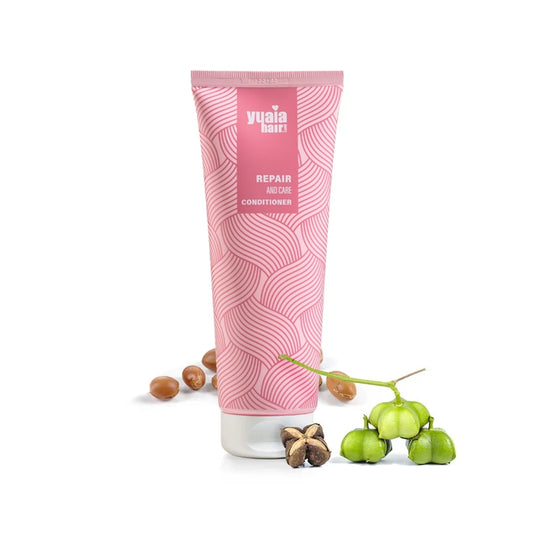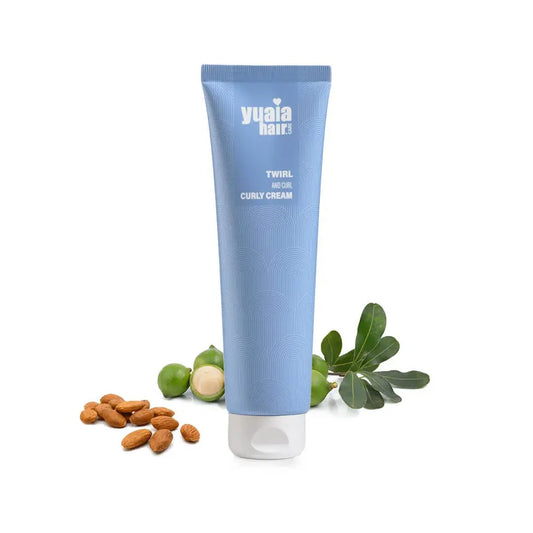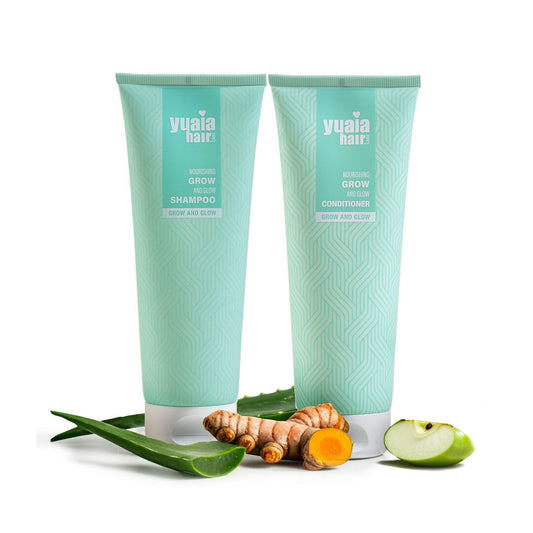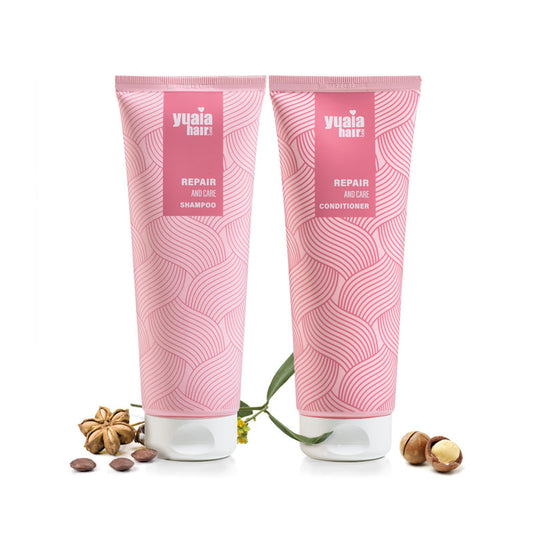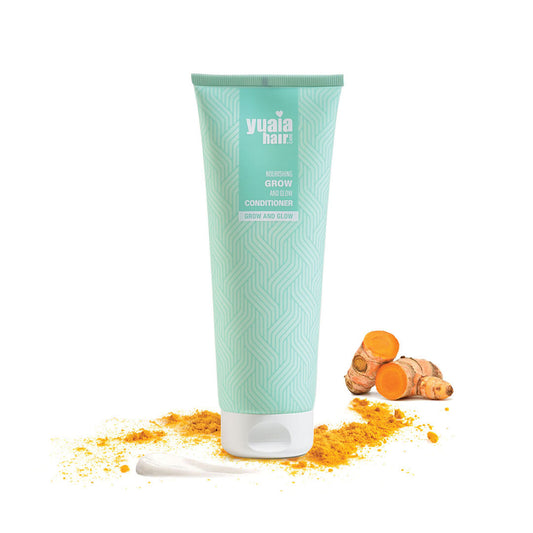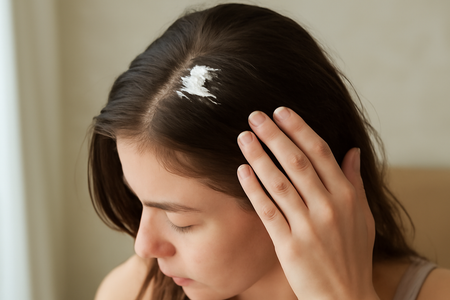
When is scalp conditioning beneficial?
While generally not recommended, there are specific situations where applying conditioner to the scalp can be beneficial, particularly for those experiencing a dry or flaky scalp. These conditions can lead to discomfort and even exacerbate hair issues if not addressed. In such cases, targeted scalp conditioning can provide much-needed moisture and relief.
For individuals with a dry scalp, using a mild, hydrating conditioner in moderation can help alleviate dryness. It's important to choose a formula that is gentle and free from harsh chemicals that could further irritate the skin. Our rosemary hair oil is an excellent option for those seeking to nourish their scalp without the risk of buildup.
Choosing the right conditioner for your hair type
Selecting the appropriate conditioner for your hair type is crucial in preventing potential scalp issues. Different hair types—such as fine, oily, or sensitive—require tailored products to ensure both the hair and scalp remain healthy. Here's what to consider:
- Fine hair: Opt for lightweight, volumizing conditioners that won't weigh down hair or cause excess oiliness.
- Oily hair: Choose formulas that balance oil production without stripping the scalp of necessary moisture.
- Sensitive scalp: Look for sulfate-free and silicone-free products to avoid irritation and buildup.
Our sulfate-free and silicone-free formulas are designed to cater to these needs, providing gentle care that maintains hair health without compromising the scalp. For those with curly hair, the Twirl and Curl curly cream offers hydration and definition, focusing on enhancing curls while keeping the scalp balanced.
Understanding product ingredients
Being mindful of product ingredients is essential when choosing a conditioner. Ingredients such as silicones, parabens, and synthetic fragrances can cause buildup and irritation, especially when applied directly to the scalp. Opting for natural and gentle ingredients can help mitigate these risks.
Our range of conditioners avoids these harsh components, ensuring a healthier approach to hair care. By focusing on mid-lengths and ends, you can maximize the benefits of your conditioner without the drawbacks of scalp application.
Best practices for conditioner application
To ensure your hair remains healthy and vibrant, it's important to apply conditioner correctly. Here are some best practices to follow:
- Focus on mid-lengths and ends: Concentrate the conditioner on the mid-lengths and ends of your hair, where it can provide moisture and detangling benefits without causing scalp buildup.
- Use the right amount: A small amount of conditioner is often sufficient. Overuse can lead to product buildup and weigh down your hair.
- Thorough rinsing: Ensure you rinse your hair thoroughly to remove all traces of conditioner, which can prevent buildup and irritation.
At Yuaia Haircare, we offer sulfate-free formulas that are ideal for maintaining healthy hair without harsh chemicals. These products provide the necessary hydration and care for your hair without compromising scalp health.
Tips for different scalp types
Different scalp types require different approaches when it comes to conditioner use. Here are some tips for managing dry and oily scalps:
- Dry scalp: Use lightweight, hydrating conditioners sparingly. Focus on scalp needs and consider products like our rosemary hair oil for added nourishment.
- Oily scalp: Opt for conditioners that balance oil production. Avoid applying conditioner directly to the scalp to prevent excess oiliness.
- Sensitive scalp: Choose sulfate-free and silicone-free products to reduce the risk of irritation and buildup. Our gentle formulas are made to cater to sensitive scalps.
Frequently asked questions
Can conditioner cause hair loss if applied to the scalp?
Applying conditioner to the scalp can lead to buildup and clogged follicles, which may contribute to hair fall over time. It's generally best to avoid applying conditioner directly to the scalp.
How often should you condition your scalp if it’s dry?
For those with a dry scalp, occasional conditioning with a mild, hydrating formula can help. However, if dryness persists, it may be beneficial to consult a dermatologist for further guidance.
Is there a safe way to condition the scalp?
To condition the scalp safely, use lightweight, hydrating products sparingly and focus on specific scalp needs. Ensure thorough rinsing to prevent buildup and irritation.
 2-5 day delivery
2-5 day delivery
 25.000+ satisfied customers
25.000+ satisfied customers
 Satisfaction Guarantee
Satisfaction Guarantee



















